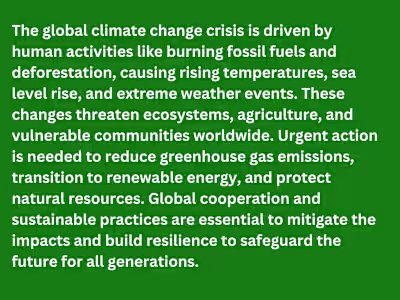Global Economic Crises: Causes, Impacts, and Strategies
Global economic crises are severe disruptions in global financial and economic systems, often triggered by factors such as financial market instability, geopolitical events, or natural disasters. These crises can ripple across multiple countries, leading to widespread economic decline. For instance, the 2008 Global Financial Crisis, caused by the collapse of the housing market in the U.S., quickly spread to other economies, creating a deep recession that affected millions of jobs and businesses worldwide.
The impact of global economic crises is often devastating. They can result in sharp increases in unemployment, reduced consumer spending, and a decline in business investments. Additionally, governments may struggle to manage rising debt levels and inflation, while citizens face the harsh realities of income loss and poverty. In extreme cases, crises can lead to social unrest, as people protest against economic hardship and inequality. Despite their severity, economic crises can be mitigated with effective policy responses.
Governments and international institutions can implement fiscal stimulus, regulate financial markets more strictly, and strengthen social safety nets to protect vulnerable populations. Cooperation between countries is also essential in addressing the root causes of these crises and fostering global stability. Through coordinated efforts, it’s possible to reduce the frequency and impact of future economic downturns.
Like this project
Posted Oct 2, 2024
Global economic crises are severe disruptions in economies worldwide, caused by factors like financial instability, leading to unemployment, inflation, and wide





